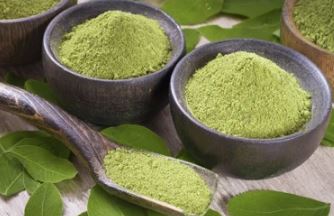Moringa, the scientific name for a drumstick, is known for being one of the superfoods because it contains plenty of healthy nutrients. The plant is a native of the Indian subcontinent. In Ayurveda, almost all parts of the plant are used to make medicines – flowers, fruits, seeds, roots, bark, and leaves.
The good thing is that Moringa proliferates in certain parts of the world, and since it is an essential source of vitamins and minerals, a lot of programs focused on malnutrition use this rich food to feed children under the poverty line.
Continued research in this area shows that Moringa is useful in managing and fighting diseases like Asthma, Diabetes, weight loss, HIV, hypertension, diabetes, menopause, athlete’s foot, gingivitis, skin diseases, and digestion-related issues.
Due to its growing popularity, Moringa is generally consumed as a supplement. It is sold in the market in powder form, pills, and capsules.
Side-Effects Of Consuming Moringa Supplements-
Overall, the consumption of Moringa is considered to be safe. When eating Moringa leaves, fruit, or seeds, no side-effect has been found. When consumed at a stretch for six months, Moringa supplements containing leaves have not shown any side-effects. Supplements that contain Moringa seeds can be safely consumed orally for up to three weeks without any adverse reaction.
When consuming Moringa supplements that contain the roots or extracts, there could be side-effects if taken orally. It is because the roots of the plant have a hazardous substance called Spirochin.
People Who Should Not Consume Moringa Supplements or Plant Parts-
Even though there need to be detailed scientific studies in this regard, there is evidence to prove that the Moringa supplement should be avoided by:
-
Pregnant women – traditionally, the root and the bark of Moringa have been used to facilitate miscarriages. There are certain chemicals in the plant – flowers, roots, and bark – that cause uterus contraction. It is therefore not safe for pregnant women to consume Moringa supplements. In the absence of factual information, it is best to avoid using supplements.
-
Breast-feeding women – should also avoid taking the supplement because there is no sound proof that the supplement helps in lactating or increased breast milk production.
-
Diabetes patients – continuous intake of Moringa supplements lead to the lowering of blood sugar levels. Therefore, diabetic patients should keep a watch on their blood sugar levels when consuming the supplement.


